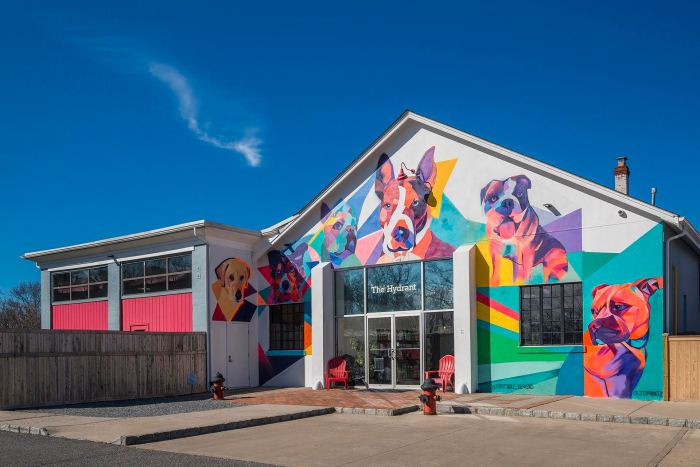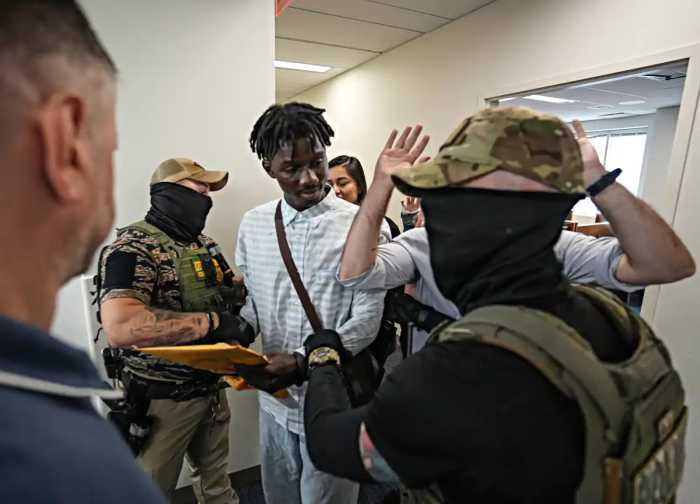By Maria Caspani and Anurag Maan
The United States on Monday crossed the staggering milestone of 500,000 COVID-19 deaths just over a year to the day since the coronavirus pandemic claimed its first known U.S. victims in Santa Clara County, California.
The country had recorded more than 28 million COVID-19 cases and 500,054 lives lost as of Monday afternoon, according to a Reuters tally of public health data, although daily deaths and hospitalizations have fallen to the lowest level since before the Thanksgiving and Christmas holidays.
About 19% of total global coronavirus deaths have occurred in the United States, an outsized figure given that the nation accounts for just 4% of the world’s population.
“These numbers are stunning,” Dr. Anthony Fauci, a top infectious disease adviser to President Joe Biden told ABC News’ “Good Morning America” program. “If you look back historically, we’ve done worse than almost any other country and we’re a highly developed, rich country.”
The country’s poor performance reflects the lack of a unified, national response last year, when the administration of former President Donald Trump mostly left states to their own devices in tackling the greatest public health crisis in a century, with the president often in conflict with his own health experts.
Biden and Vice President Kamala Harris are set to commemorate the huge loss of life due to COVID-19 later on Monday during an event at the White House that will include a speech by the president, a moment of silence and a candle lighting ceremony.
Biden will also order that U.S. flags on federal property be lowered to half staff for five days, White House spokeswoman Jen Psaki told reporters.
The National Cathedral in Washington will also toll its bells 500 times on Monday evening to honor the lives lost to COVID-19 in a livestream event, according to a notice on its website.
In 2020, the virus has taken a full year off the average life expectancy in the United States, the biggest decline since World War Two.
Sweeping through the country at the beginning of last year, the U.S. epidemic had claimed its first 100,000 lives by May.
The death toll doubled by September as the virus ebbed and surged during the summer months.
Pandemic-weary Americans, like so many around the world, grappled with the mountain of loss brought by COVID-19 as health experts warned of yet another coronavirus resurgence during the upcoming fall and winter months.
Americans lost mothers and fathers, husbands and wives, brothers, sisters and friends to the virus. For many, the grief was amplified by the inability to see loved ones in hospitals or nursing homes and by the physical distancing imposed by authorities to curb the virus spread.
By December, the death toll had reached 300,000 as the United States entered a deadly post-holiday season that would claim 230,000 lives in the span of less than three months.
With numbers that made the appalling toll early in the pandemic pale by comparison, deaths recorded between December and February accounted for 46% of all U.S. COVID-19 fatalities, even as vaccines finally became available and a monumental effort to inoculate the American public got underway.
Despite the grim milestone, the virus appears to have loosened its grip as COVID-19 cases in United States fell for the sixth consecutive week. However, health experts have warned that coronavirus variants initially discovered in Britain, South Africa and Brazil could unleash another wave that threatens to reverse the recent positive trends.
Fauci cautioned against complacency and urged Americans to continue public health measures such as wearing masks, physical distancing and avoiding crowds while officials race to inoculate the population, particularly with these more contagious new variants circulating.
“We’ve got be really careful and not just say ‘OK we’re finished now, we’re through it,” he told ABC.
(Reporting by Maria Caspani in New York and Anurag Maan in Bengaluru and Susan Heavey in Washington; Writing by Maria Caspani; Editing by Bill Berkrot and Lisa Shumaker)
For more coronavirus coverage, visit longislandpress.com/coronavirus.





























